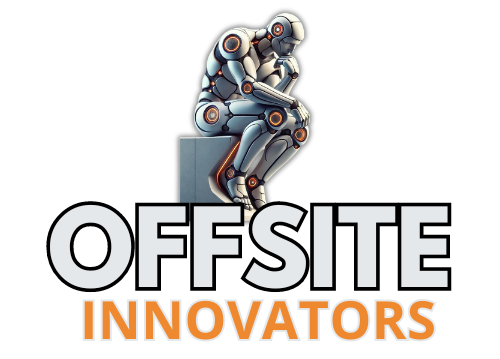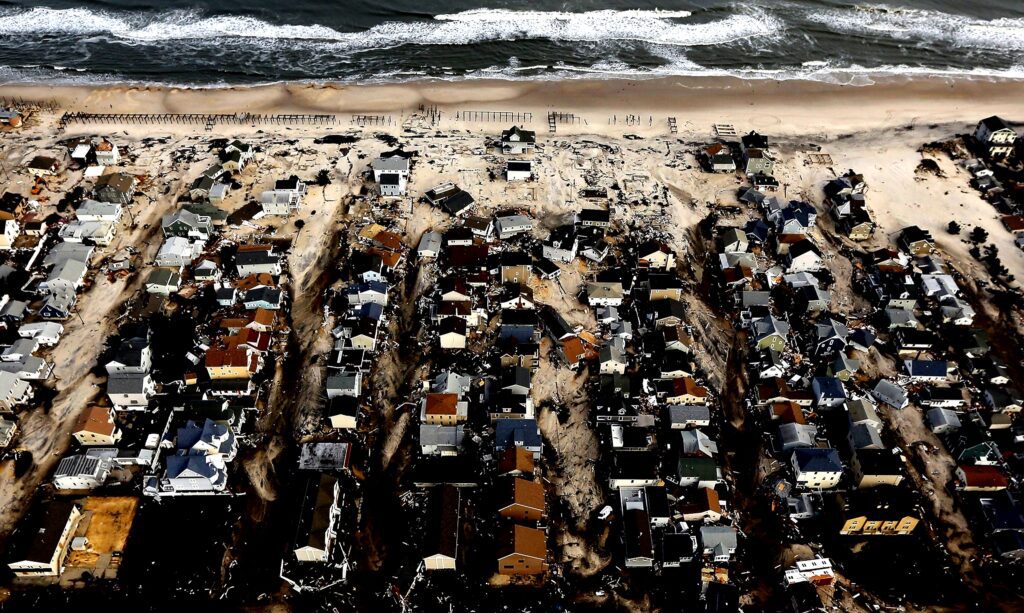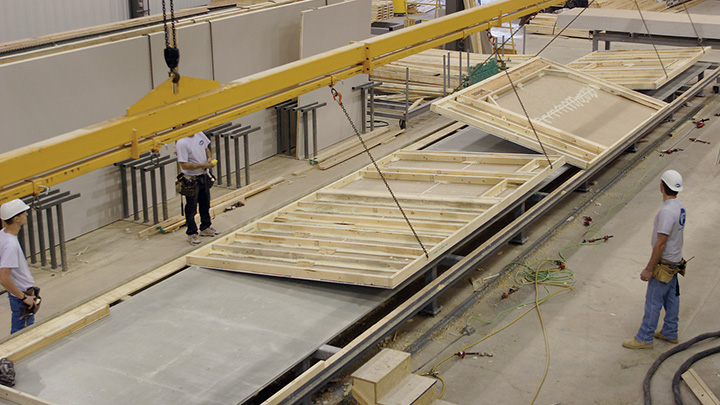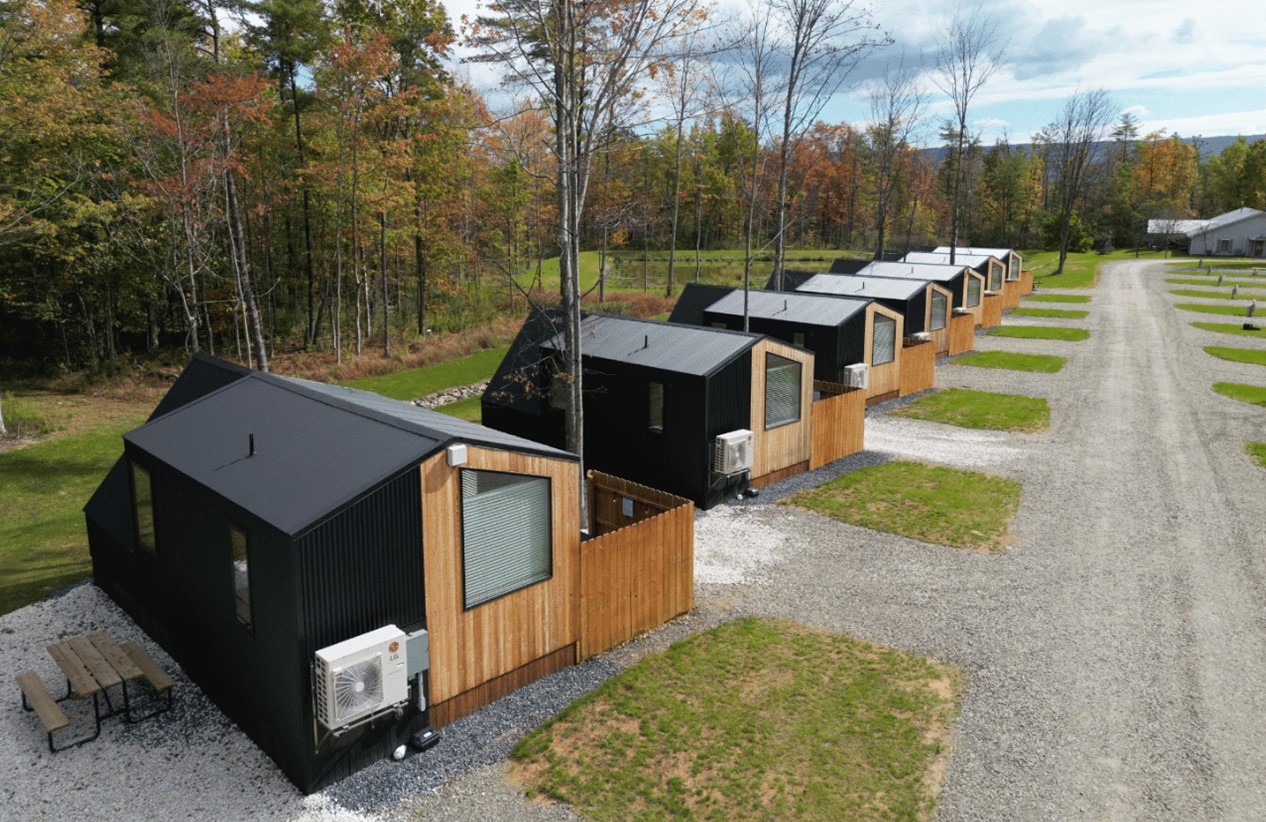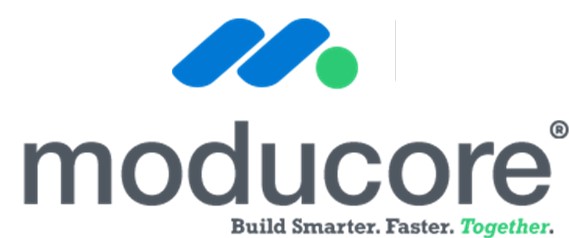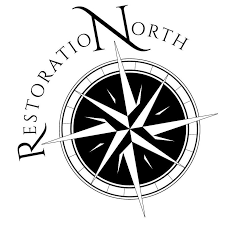From Hurricane Sandy to Helene and Milton
Anthony Zarrilli, a premier modular home builder based in Brick, New Jersey, is no stranger to the challenges of natural disasters. Having successfully navigated the devastation of Hurricane Sandy, his company, Zarrilli Homes, emerged as a trusted leader in rebuilding efforts along the Jersey Shore. With a commitment to quality, innovation, and the resilience of modular construction, Zarrilli played a pivotal role in restoring homes and hope to countless families affected by the storm.

Anthony Zarrilli, President of Zarrilli Homes
In this interview, Anthony Zarrilli shares his journey from navigating the immediate aftermath of Sandy to rebuilding a stronger, more robust business in its wake. He delves into the lessons learned from one of the region’s most catastrophic events, including how his experience with modular construction allowed for faster, more efficient rebuilding processes while maintaining the highest safety and design standards. Zarrilli’s insights offer a roadmap for new home builders looking to incorporate modular techniques, particularly as coastal communities continue to grapple with extreme weather events.
As we explore Zarrilli’s approach to disaster recovery, we also look ahead to the future of modular home building. Anthony advises new builders on preparing for the unexpected and discusses the importance of embracing innovation to stay ahead in an evolving industry. His story of survival and growth offers invaluable takeaways for both seasoned professionals and newcomers to modular construction.

Gary Fleisher, Offsite Innovators: After Hurricane Sandy, you faced the challenge of navigating a flood of new building codes across multiple states and municipalities. What were the most significant regulatory hurdles you encountered, and how did you manage to stay ahead of the constant changes?
Anthony Zarrilli, owner of Zarrilli Homes: After Sandy all government agencies stated they were going to “streamline” the process to help people get back in their homes most efficiently and as quickly as possible without red tape or bureaucracy. I didn’t work in any area where this wasn’t inaccurate. I am still building homes that customers and I continue to fight with insurance companies, townships, financing companies, state agencies, inspectors etc. to get their project underway or completed. Truly so frustrating and lack of empathy.
The first 1-4 years the flood zones, heights, building codes were changing daily and their was no uniformity or consistency. After 12 years that has been mostly cleaned up but now more regulation is coming down the pike fast and aggressive and we will know shortly how this will crush the building industry throughout NJ, Florida and many other states.

.
Gary: With Hurricane Helene now leaving similar destruction in its wake, what innovations or improvements would you like to see in how building codes are created and implemented to avoid the confusion that builders and developers faced after Sandy?
Anthony: There needs to be more communication caross between regulatory agencies so that the codes are clear, precise and I as the builder know what we need to comply with and build to the proper standards. I don’t see this happening for the government and other agencies involved cannot get out of their own way to accomplish this efficiently.
Gary: From your perspective as Engineering Manager, what advice would you give to local and state officials to streamline the building code update process in the wake of disasters like Helene, so that builders can rebuild more quickly and efficiently?
Anthony: Every state regulated the builder licenses in their state. Immediately following any changes to their codes should immediately be emailed out to all active builders in their state and also a website set up with full explanation/information to be reviewed by the builder so that they fully understand updated/new regulations. Also a help/assistance line that has knowledgeable people on the other end who, if needed, can explain details or answer any/all questions from the builder. This would mitigate most if not all mistakes made in the field due to a work force that is not properly informed.

.
Gary: How do you think modular construction could benefit from more standardized or flexible building codes in disaster recovery efforts, and what regulatory changes would best support innovation in this area?
Anthony: Modular construction should be used more widely throughout the building industry and more importantly when disaster hits. Homes construction modifications to meet code changes can be adapted very quickly to delivery homes to these areas and get families back in their homes as quickly as possible. Our industry is underutilized and overregulated for so many reasons when it is the best solution to so many problems (disasters, affordable housing, ADU, home efficiency, etc.) but in order to do so more people in the positions of authority are biased a lot of the times against this due ot lack of being educated on this superior construction method.
Gary: Looking forward, what new strategies or technologies would you like to see incorporated into building codes to not only ensure safety and compliance but also foster more resilient and sustainable rebuilding practices after hurricanes like Helene?
Anthony: All municipalities handling the permit and inspection process should be all electronic from plans, submission, permits, etc. This process in almost every town I build from NJ to FL are still using paperwork and have not moved to electronic submission. Florida has made it easier electronically but here are some bugs that need to be worked out still that delays the process.
Township inspectors can hold up a job and typically do with their schedule. Being able to hire a third party agency (design professional – ie architect/engineer) is a game changer in building homes more efficiently, in a reasonable amount of time and most cost effective. We use private inspections companies in Florda and project times to complete as compared to NJ typically are half or less due to the efficiency of the private inspectors.
Zarrilli Homes – This Old House/Jersey Shore Rebuilds
Great Interview
Thank you, Anthony, for sharing your invaluable insights into the challenges and complexities of post-hurricane rebuilding. Your experience and expertise in navigating the aftermath of Hurricane Sandy, combined with your dedication to modular construction, offer a clear and inspiring path forward for builders facing similar challenges. Your advice on preparedness, resilience, and innovation will undoubtedly help others in the industry rise to the occasion when disaster strikes. We’re grateful for the time you’ve taken to provide such thoughtful perspectives.
A note from Anthony:
I could go on and on with answers to all of the above but trying to keep it short. Let me know if I can help further.
Would you like Anthony to answer more questions about rebuilding not only homes but your business after a Hurricane as well as working with code and inspection officials?

.
